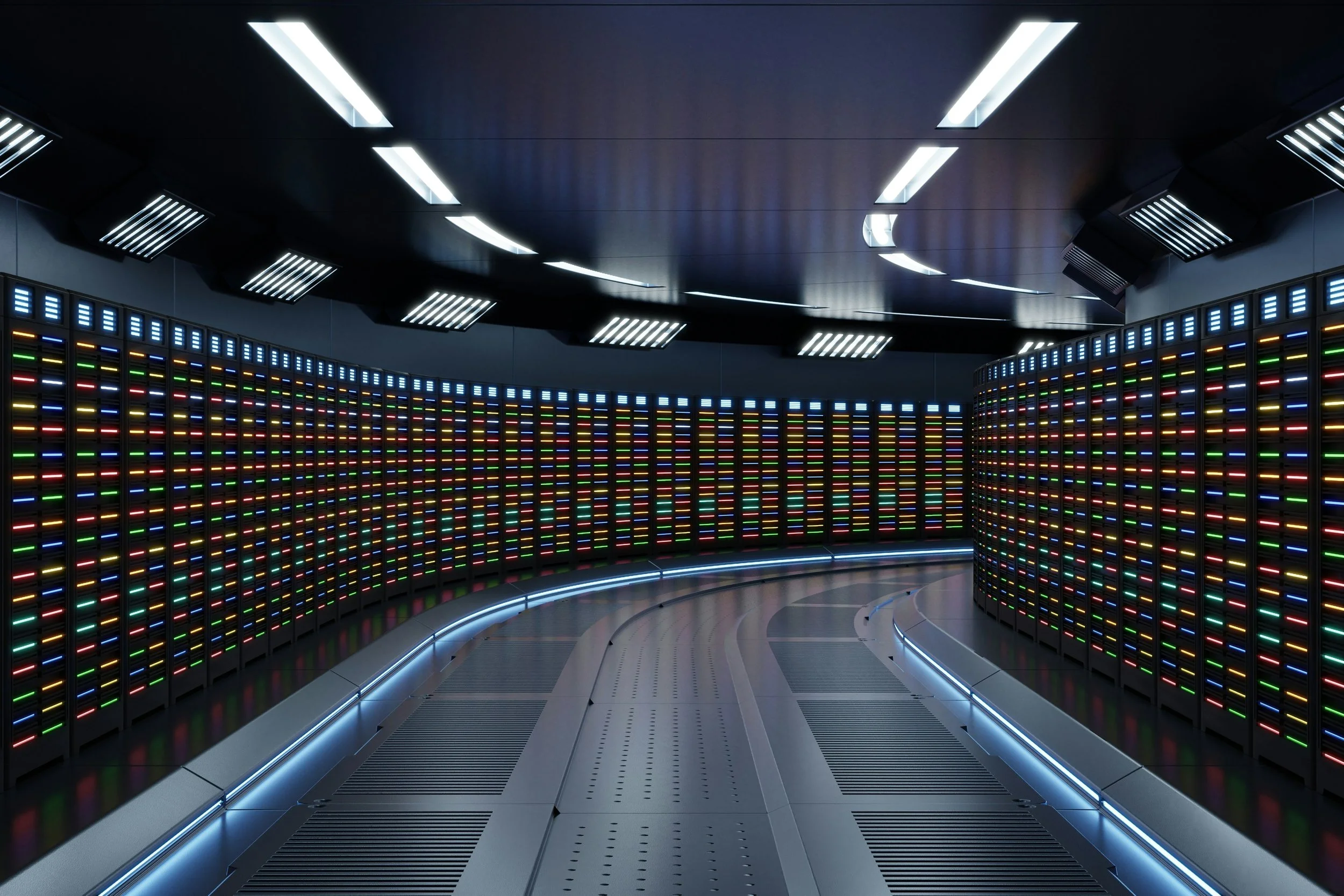AI isn’t just a problem for authors, it’s a problem for the world
Getty Images for Unsplash
By now you’ve seen the flood of AI-related issues in the publishing industry, from research (especially when it hallucinates, which is AI-talk for making things up) to the actual writing itself (most publishers now require manuscripts to be affirmed as AI-free before they’ll consider them for publication). It’s obviously changed the industry already and will continue to do so.
But even as an AI-free author myself, I have concerns that run deeper than the words we read.
AI data centers consume massive amounts of water, primarily for cooling their processors. Recycling efforts notwithstanding, much of this water is lost due to evaporation, and the electricity used to power these systems often comes from water-intensive sources. Every server cycles through hundreds of thousands of gallons of water every day because of the heat they generate; up to 40% of the electricity used is to chill that water. Yes, the industry is aware of this. Yes, it’s looking into advanced cooling technologies—but they’re a long way off.
What this means is that the AI industry as a whole is in competition with the needs of humanity for drinking water, water to sustain agriculture, and more. And climate change is accelerating the need for water, particularly in less developed parts of the world.
Years ago I read somewhere a dire prediction: that one day the world’s power nexus will revolve around the availability of water. We’re coming closer to that day. SourceMaterial and The Guardian have both reported that companies are siting data centers in some of the world’s driest regions—Arizona in the US, Spain, and several places in the Middle East—because dry air keeps equipment from being damaged by humidity. And many if not most under-developed countries are in dry regions.
The Microsoft corporation did some experiments with siting data centers underwater; it’s unclear to me if those are ongoing, though I’d guess they are. But China has recently embraced the idea in a big way, and that’s cause for a very different kind of concern. The journal Nature reported that “the use of the ocean water at elevated temperature for underwater data center cooling results in outlet water having a higher temperature. The resulting higher temperature of the outlet water poses risk to aquatic bio-diversity due to ocean de-oxygenation.” So perhaps not the solution we’re looking for.
Why am I writing about this, when I usually talk about fiction and storytelling and books? I’ll be honest: it’s because I’m scared. There’s a lot about AI that’s terrifying, not least of which is the possibility that generations of students won’t learn how to write. But this strikes me as a far more existential threat. Water is the one thing we cannot live without. I write mysteries; I’ve done the research—three weeks without food, three days without water, three minutes without air are all going to lead to death one way or another.
We’ve already seen food—or the restriction thereof—used as a weapon against poor and displaced people by the governments of Israel and the United States. It’s not hard to see how water as a commodity might follow. We need to press lawmakers now about putting measures in place (as Wisconsin is doing) to limit or at least regulate the proliferation of AI data centers.
Because one day you might turn the tap… and find there’s nothing to turn on.
Praswin Prakashan for Unsplash


